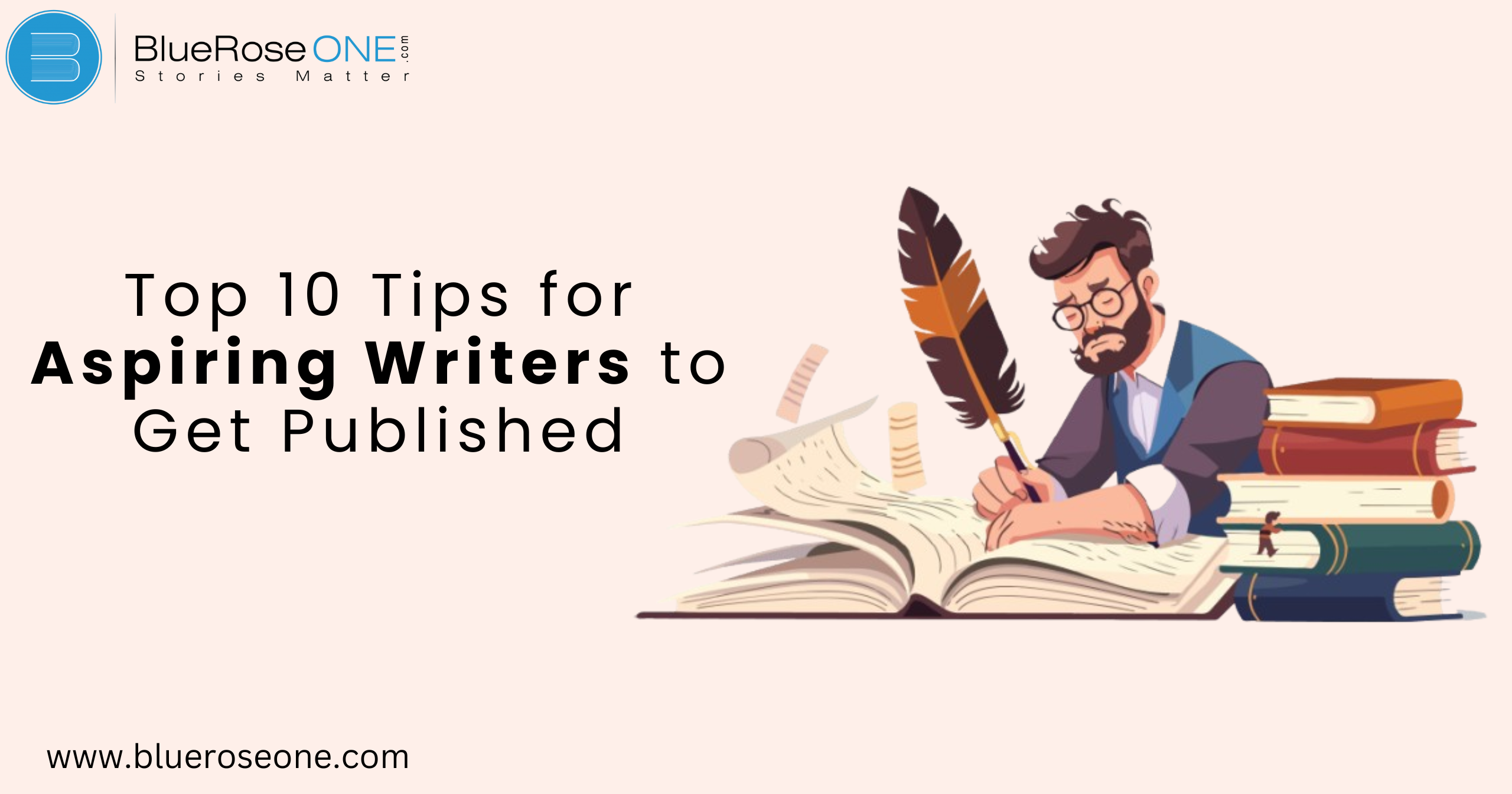Tip 1: Understand Your Genre
What Is Genre and Why It Matters
Researching Market Trends in Your Genre
Once you’ve determined your genre, research the best-selling novels in that category. What’s popular now? What themes or styles are popular? Knowing this will allow you to effectively position your book in the marketplace.
You may also like: List of Top 5 Book Cover Creator
Tip 2: Perfect Your Craft
Importance of Writing Daily
Taking Writing Courses and Workshops
Tip 3: Edit and Revise Ruthlessly
The Power of Self-Editing
Hiring Professional Editors
Sometimes an outside perspective is required. A skilled editor can polish your text and provide insights you may have missed. This investment can be the difference between a manuscript receiving attention and one that does not.
You may also like: Squibler Review (2025): Everything You Need to Know
Tip 4: Build a Strong Author Platform
Why Having an Online Presence is Crucial
Social Media and Blogging for Writers
Tip 5: Write a Compelling Query Letter
Elements of a Successful Query Letter
Your query letter is your initial impression with agencies and publishers. Keep it concise, professional, and interesting. Include a brief synopsis of your book, why it is a suitable fit for their list, and a brief bio that highlights your qualifications.
Common Mistakes to Avoid
Avoid clichés, mistakes, and lengthy explanations. Tailor each query to the agency or publisher, demonstrating that you have done your research and understand their tastes.
You may also like: Top 10 Famous Khushwant Singh Books
Tip 6: Research Literary Agents and Publishers
How to Find the Right Agent for Your Work
Understanding Submission Guidelines
Tip 7: Be Persistent and Handle Rejections Gracefully
Learning from Rejections
Famous Authors Who Were Rejected
Many notable authors endured rejection before becoming successful. Twelve publishers rejected J.K. Rowling‘s Harry Potter, while Stephen King’s Carrie was turned down thirty times. Even Dr. Seuss received 27 rejections before his first book was published. Some authors, such as Samuel Clemens, utilized a pen name—Mark Twain—to establish a new persona and overcome early disappointments. These examples demonstrate that perseverance and gracefully managing rejection are essential stages on the way to becoming a recognized author.
You may also like : Top 10 Famous Vikram Seth Books | BlueRoseOne
Tip 8: Consider Self-Publishing
Benefits and Challenges of Self-Publishing
Tools and Platforms for Self-Publishing
Many prospective writers prefer self-publishing due to its flexibility and creative freedom. Popular services such as Amazon Kindle Direct Publishing (KDP), BlueRose Publishers, and IngramSpark make it simple to publish and distribute your work worldwide. These tools also allow you to publish under a pen name, providing you the option to keep your personal identity apart from your literary life. Using a pen name can help you establish a unique brand, experiment with different genres, and protect privacy while reaching your intended audience.
You may also like: How to Publish a Book? | Publish Your Book | BlueRoseOne
Tip 9: Join a Writing Community
The Importance of Networking with Fellow Writers
Finding Critique Groups and Writing Partners
Connecting with critique groups and writing partners is an important step for budding authors. These forums provide constructive input, allowing you to improve your work prior to submission. Whether you write under your own name or a pen name, joining a writing group can help you gain confidence and improve your talents. Online platforms such as writing forums, social media groups, and local workshops are excellent locations to meet helpful peers who share your interest and ambitions.
You may also read: AutoCrit Review: Definition, Pros & Cons, Pricing and More
Tip 10: Keep Reading and Stay Inspired
Reading Widely to Improve Your Writing
Finding Inspiration in Everyday Life
Conclusion
Getting published is a difficult path, but with determination, enthusiasm, and the appropriate techniques, you may realize your ambition. Keep writing, keep learning, and never give up. The literary world is waiting for your story!
















